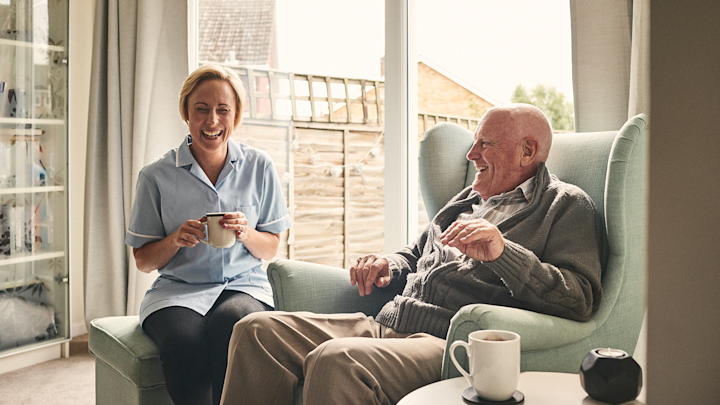Injury Care Coordination: A Smarter Path to Faster Patient Recovery
Have you or someone you know ever felt confused about what to do after an injury? Many people find the recovery process slow and frustrating, especially when they don’t know who to talk to or what steps to follow. This can lead to delays in healing and even more stress.
But what if there was a better way to get back on your feet-one that made recovery smoother, faster, and more organized? In this blog post, you’ll discover how injury care coordination offers a smarter path that helps patients heal faster, feel supported, and stay on track throughout their recovery.
What Injury Care Coordination Really Means
Injury care coordination is when a trained professional helps guide a patient through each step of the healing process after an injury. This person may work with doctors, therapists, insurance teams, and others to make sure everything runs smoothly. Instead of managing everything on your own, you get help making appointments, following treatment plans, and avoiding delays.
It also helps doctors and caregivers stay connected. When everyone is on the same page, care becomes faster and more effective. The goal is to reduce confusion and make sure each patient gets the care they need when they need it.
How It Makes Recovery Smoother
One big benefit of injury care coordination is that it keeps recovery on track. When a person is hurt, they often need to see different specialists. A care coordinator helps manage the entire process so patients don’t feel lost or overwhelmed.
This approach also lowers stress. When people understand what’s going on and what to expect next, they feel more confident and relaxed. That peace of mind can actually help the body heal faster because there’s less worry slowing things down.
Why Communication Matters
A key part of injury care coordination is communication. When doctors, physical therapists, and other care providers don’t talk to each other, mistakes can happen. But when they all share information, patients get better care.
This teamwork is especially helpful when a patient needs both physical and emotional support. The coordinator can make sure mental health care is included in the recovery plan. That way, the patient feels supported not just physically, but also emotionally, which helps healing happen faster.
A Helpful Role in the Workplace
Injuries that happen at work can be more complicated because they involve health care, job duties, and insurance. This is where workplace injury case management becomes very helpful.
It connects the injured employee with the right care and keeps the employer informed. This process not only supports the worker’s health but also helps businesses run better.
Making Recovery Faster and More Reliable
With injury care coordination, healing becomes more efficient. Patients don’t need to chase after answers or wait too long for treatment. They are guided through each step and know what to expect.
Patients also feel less alone. Having someone to ask questions and help solve problems gives them a sense of control. That confidence can speed up healing and lead to a better recovery experience.
A Better Way To Heal
Recovering from an injury can be hard, but injury care coordination makes the journey easier, smoother, and faster. When care is well organized and communication is strong, patients feel more supported.
They heal better because their path is clear and guided by people who care. Whether the injury happens at home, in public, or at work, this smarter method of care helps people return to their normal lives sooner.
Did this guide help you? Browse the rest of this section for more advice on a variety of topics.





